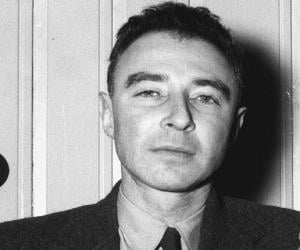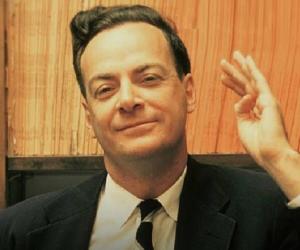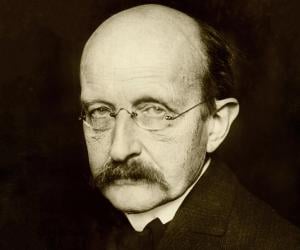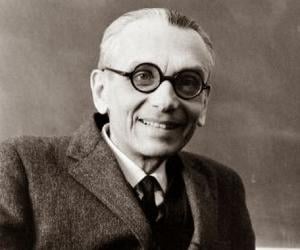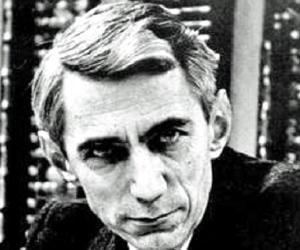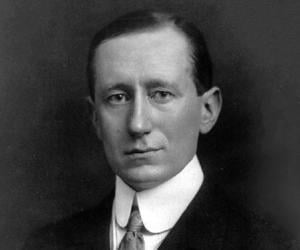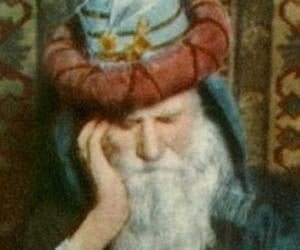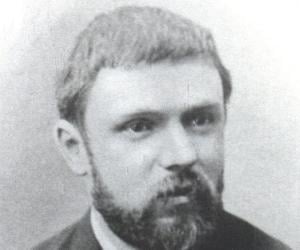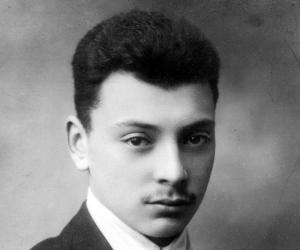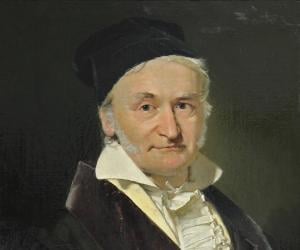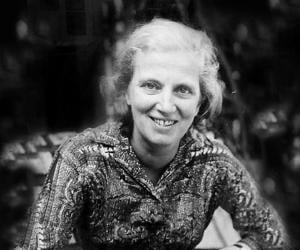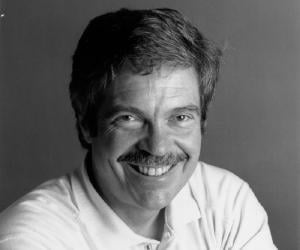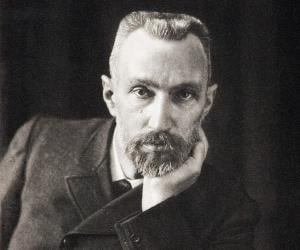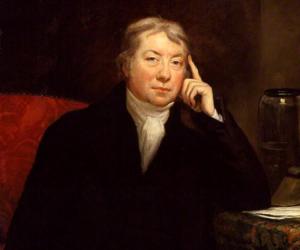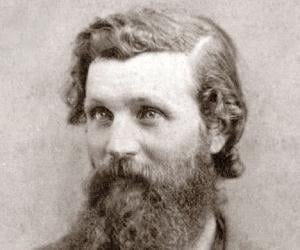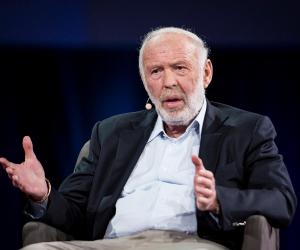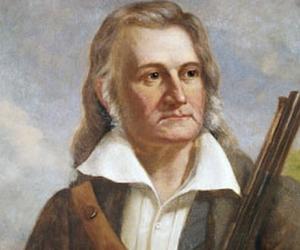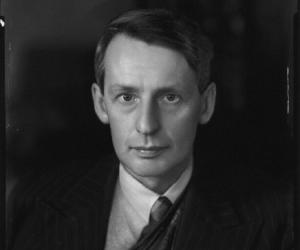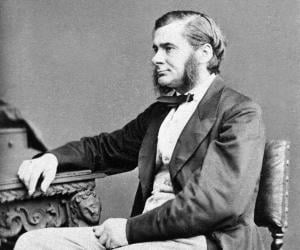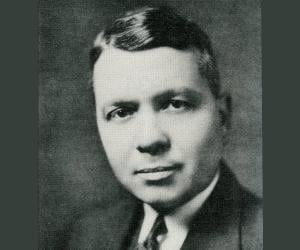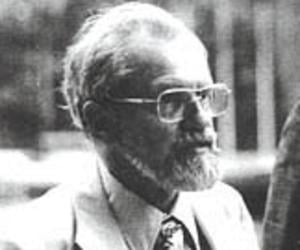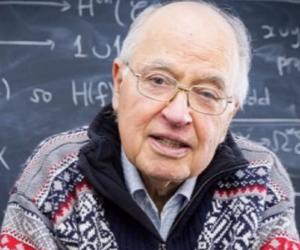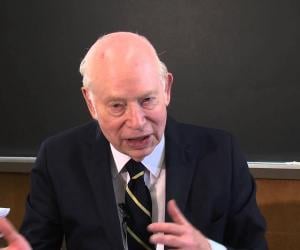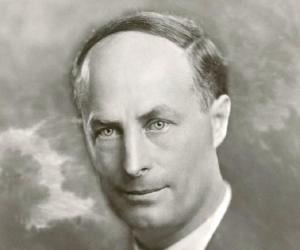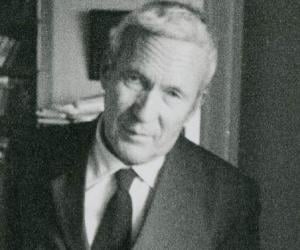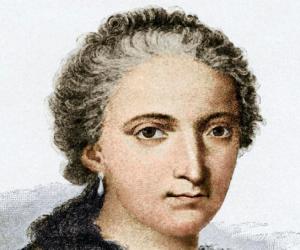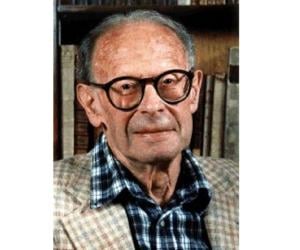Hailed as a brilliant scientific mind, American physicist J Robert Oppenheimer, led the Manhattan Project which resulted in the development of atomic bomb during the World War II. The bombs were dropped on the Japanese cities of Hiroshima and Nagasaki in 1945. However, Oppenheimer was in a constant conflict over the moral issue of the weapons of mass destruction and rallied against nuclear proliferation.
Theoretical physicist Richard Feynman won the Nobel Prize in Physics in 1965, along with Julian Schwinger and Shin'ichirō Tomonaga, for his research on quantum electrodynamics. He also contributed to the development of the atomic bomb. Feyman made it to Physics World’s list of the 10 greatest physicists of all time.
German theoretical physicist Max Planck is remembered for originating the quantum theory of physics, which earned him the 1918 Nobel Prize in Physics. He laid down concepts such as the Planck constant and the Planck postulate. The Kaiser Wilhelm Society was later renamed Max Planck Society in his honor.
Hailed as one of the greatest logicians since Aristotle, Kurt Gödel was Austrian-born American mathematician, logician, and philosopher, who earned international stardom for his incompleteness theorem. Also credited with developing a technique called Gödel numbering, he later started working on Mathematical Platonism, a philosophical theory that failed to attract wide acceptance.
Claude Shannon was an electrical engineer, mathematician, and cryptographer. He is credited with publishing the article A Mathematical Theory of Communication which gave rise to the field of information theory. Hence, Shannon is considered the father of information theory. He is also credited with founding digital circuit design theory. During World War II, he contributed to the field of cryptanalysis.
Guglielmo Marconi was an Italian electrical engineer and inventor best remembered for his work on long-distance radio transmission. Marconi, who is credited with inventing the radio, was honored with the 1909 Nobel Prize in Physics for his work in the field of wireless telegraphy. Also a businessman, Marconi founded the Wireless Telegraph & Signal Company in 1897.
Omar Khayyam was a Persian polymath, mathematician, philosopher, astronomer, and poet. In the field of mathematics, he is best known for his work on the classification and solution of cubic equations. As an astronomer, he designed a solar calendar known as the Jalali calendar. His philosophical attitude towards life had elements of pessimism, nihilism, Epicureanism, and fatalism.
Nobel Prize-winning Austrian physicist Wolfgang Pauli is remembered for his contribution to quantum physics and for laying down the Pauli principle. While he was initially married to a cabaret dancer, the marriage ended in a divorce after a year. His written works are considered classics in science.
German mathematician and physicist Carl Friedrich Gauss is remembered for his work in math and science. Known as the Princeps mathematicorum, he laid down tenets such as the Gauss's Law. He had exhibited his talent since an early age and had completed writing Disquisitiones Arithmeticae by 21.
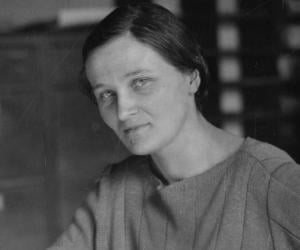
After losing her father at 4, Cecilia Payne-Gaposchkin was raised singlehandedly by her mother. The incredibly talented Cecilia studied at Cambridge but failed to secure a degree because of her gender. She later joined Harvard and opposing prevalent beliefs, proposed that stars were mainly made of hydrogen and helium.
Dorothy Hodgkin received the 1964 Nobel Prize for mapping the structure of penicillin and Vitamin B12. She is also known for her work on insulin. Beginning her work on structure of an organic compound by using X-ray crystallography as an undergraduate student, she later developed it further and used it to determine the three-dimensional structure of complex organic molecules.
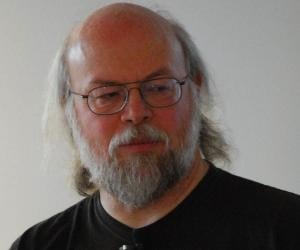
James Gosling earned the nickname Dr. Java after he revolutionized the world of computer programming with his Java programming language. The Carnegie Mellon alumnus has had a 26-year stint with Sun Microsystems. The computer nerd has a picture of the first 1000 digits of √2 framed in his office.
A pioneer in crystallography, radioactivity, piezoelectricity, and magnetism, Pierre Curie was a French physicist who won the Nobel Prize in Physics along with Henri Becquerel and Marie Curie. Despite being an atheist, Pierre Curie was fascinated by spiritualism as he believed that spiritual questions deal with physics.
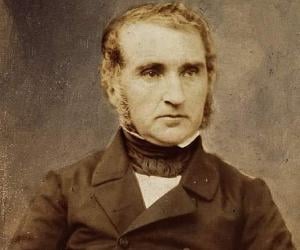
German chemist Justus von Liebig is best known for his research on organic compounds and his contribution to biochemistry and agriculture. The Copley Medal-winning scientist initially studied pharmacy but later switched to chemistry. As a professor, he stressed on laboratory-based teaching of chemistry and separating it from pharmacy, opposing traditional methods.
Edward Jenner was an English scientist and physician. Referred to as the father of immunology, Jenner is credited with pioneering the concept of vaccines. Jenner's work laid the foundation for subsequent discoveries in the field of immunology; his work is believed to have saved more lives than any other work. In 2002, Jenner was included in BBC’s Greatest Britons list.
John Muir was a Scottish-American naturalist, environmental philosopher, glaciologist, botanist, zoologist, and author. Nicknamed Father of the National Parks and John of the Mountains, Muir was an influential proponent of the preservation of wilderness in the US. He is credited with co-founding the American conservation organization, The Sierra Club. Muir is considered a hero by many environmentalists around the world.
The son of a shoe factory owner, mathematician-turned-hedge-fund-manager James Harris Simons studied math at MIT and helped the U.S. break codes during the Vietnam War. He later founded his own hedge fund firm, Renaissance Technologies. He supports autism research and funds Math for America. In 2021, he was America’s 23rd-richest person.
American artist and ornithologist John James Audubon is remembered mostly for his illustrations of North American birds. Born as an illegitimate child in France, he later moved to the US and then to Canada, for business, but ended up documenting birds. His best-known work is the pioneering ornithological work The Birds of America.
George Paget Thomson was a British physicist best remembered for his discovery of the wave properties of the electron by electron diffraction. The son of physicist and Nobel laureate J. J. Thomson, he himself went on to receive the Nobel Prize in Physics in 1937. He spent several years of his career at Imperial College London.
Thomas Henry Huxley was an English biologist and anthropologist. He specialized in comparative anatomy and was a proponent of Charles Darwin's theory of evolution. Despite having little formal schooling, he went on to become one of the finest comparative anatomists of the 19th century. He was the chair of natural history at the Royal School of Mines for 31 years.
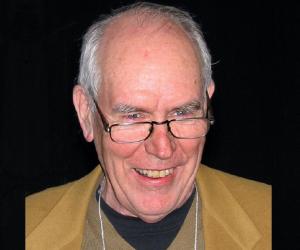
Harold Urey was an American physical chemist best remembered for his pioneering work on isotopes. He is credited with the discovery of deuterium, for which he received the prestigious Nobel Prize in Chemistry in 1934. Harold Urey also played a key role in the development of the infamous atom bomb.
When the American government, baffled by unexplained sightings of flying objects, assigned J. Allen Hynek the task of solving the mystery, Hynek was sceptical. However, he later became the first person to scientifically analyze such sightings. He also established the "Close Encounter" classification system to study UFOs.
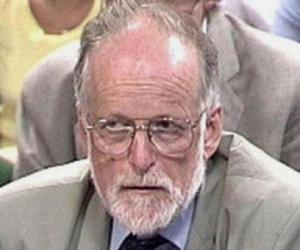
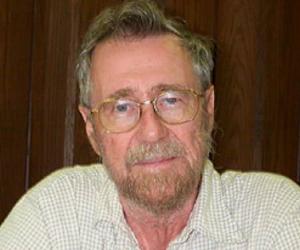
A pioneering computer scientist from the Netherlands, Edsger W. Dijkstra had initially studied theoretical physics, before focusing on computers. He developed the domain of structured programming and also won honors such as the Turing Award. He died at 72, after a long struggle with cancer.
Recipient of Fields Medal and Abel Prize, British-Lebanese mathematician Michael Atiyah emerged as a leading figure in the UK mathematics during the latter half of the 20th century. He specialised in geometry and made remarkable contributions in the fields of geometry, theoretical physics, topology and global analysis, and is best known for proving the Atiyah–Singer index theorem with Isadore Singer.
Nuclear physicist and Nobel laureate Steven Weinberg is known for establishing the electroweak theory, along with Sheldon Lee Glashow and Abdus Salam. He was born to Jewish immigrants in New York and made it to Cornell and Princeton. He is an atheist and supports the Israeli cause.
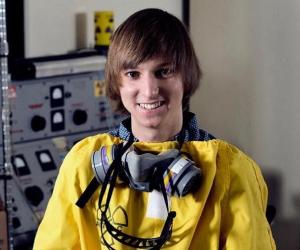
Taylor Wilson is an American nuclear physics enthusiast who is the youngest person ever to produce nuclear fusion using a fusor. He achieved this feat in 2008, at the age of 14.
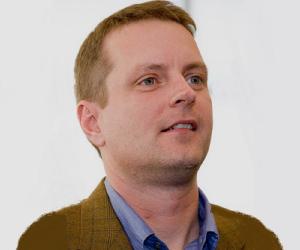
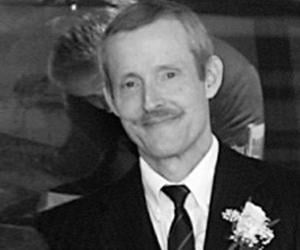
Bruce Edwards Ivins was a microbiologist and vaccinologist. He served as the senior biodefense researcher at the United States Army Medical Research Institute of Infectious Diseases (USAMRIID). He was the suspected perpetrator of the 2001 anthrax attacks and died in an apparent suicide after realizing that he was likely to face criminal charges for his alleged role in the attacks.

David Deutsch is a British physicist, currently serving as a visiting professor at the University of Oxford. He is a pioneer in the field of quantum computation and gave a description for a quantum Turing machine. He is a proponent of the many-worlds interpretation of quantum mechanics. He received the Dirac Prize of the Institute of Physics in 1998.
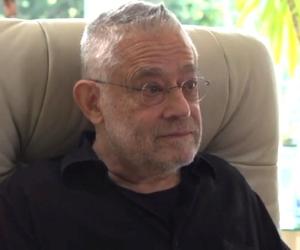
Douglas Mawson was an Australian Antarctic explorer, geologist, and academic. Counted among the most important leaders of the Heroic Age of Antarctic Exploration, Mawson was honored with a knighthood in 1914. Best remembered for his contribution to Australian geology, Mawson was featured on the Australian one-hundred-dollar note from 1984 to 1996.
Russian mathematician Andrey Kolmogorov lost his mother at birth and was raised by his aunts. His talent in mathematics was discovered when he joined the Moscow State University to study history and math, while simultaneously studying metallurgy elsewhere. His greatest contribution to mathematics was in the field of probability theory.

A pioneer of physical anthropology, Johann Friedrich Blumenbach laid down one of the first racial classification systems for humans after studying human skulls, dividing mankind into five racial groups. Born into a family of academics, he was a prodigy. He was against scientific racism, though his theory promoted the degenerative hypothesis.
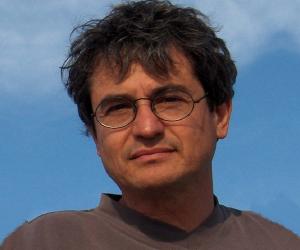
Carlo Rovelli is an Italian theoretical physicist and writer. He is active mainly in the field of quantum gravity and is a founder of loop quantum gravity theory. He also has experience working in the history and philosophy of science. His popular science book, Seven Brief Lessons on Physics, has sold over a million copies worldwide.
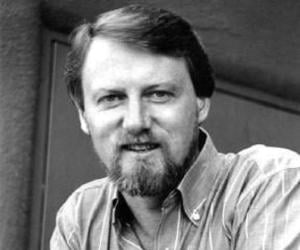

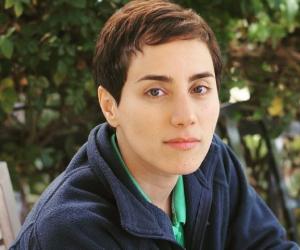
Maryam Mirzakhani was an Iranian mathematician best remembered for her innovative methods and research involving different branches of mathematics like symplectic geometry and ergodic theory. On 13 August 2014, she became the first Iranian and only woman to date to be honored with the prestigious Fields Medal. Maryam Mirzakhani died of breast cancer when she was 40 years old.
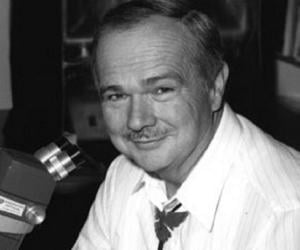
Best known for discovering the Shoemaker-Levy 9 comet, with his wife, Carolyn, and David H. Levy, Eugene Merle Shoemaker was an American astrogeologist who had also worked with the U.S. Geological Survey. He had been part of NASA’s lunar exploration missions. Following his death, his ashes were transported to the Moon.
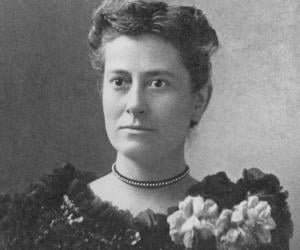
Born in Scotland, Williamina Fleming moved to the U.S. with her husband, where she began working as a housekeeper for Harvard Observatory director Edward C. Pickering. Pickering secured her a job at the observatory, and Fleming went on to establish a classification and cataloguing system for stars.
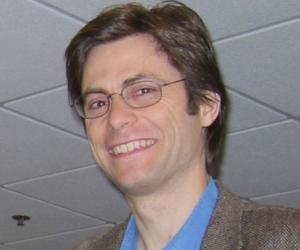
Born to math professor Harold S. Shapiro, Max Tegmark grew up to co-establish the Future of Life Institute, with funding from Elon Musk. The MIT professor is a specialist in cosmology, physics, and machine learning and had also penned a book on artificial intelligence, titled Life 3.0.
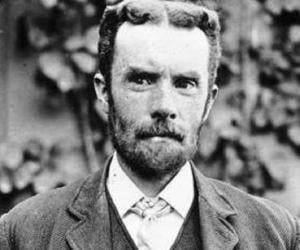
Oliver Heaviside was an English mathematician and physicist. He invented a new technique for solving differential equations and independently developed vector calculus. He is also credited with rewriting Maxwell's equations in the form commonly used today. He formulated the telegrapher’s equations and invented the Heaviside step function as well. In 1922, he received the Faraday Medal.
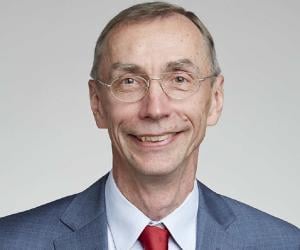
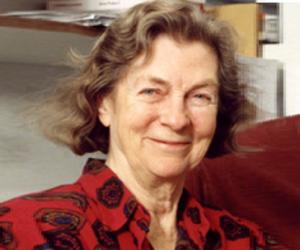
Geneticist Anne McLaren is remembered for her pioneering research in embryology that paved the way for further research in fertility treatments such as in-vitro fertilization. The Royal Society fellow had also appeared as a child actor in the film adaptation of the H.G. Wells novel Things to Come.
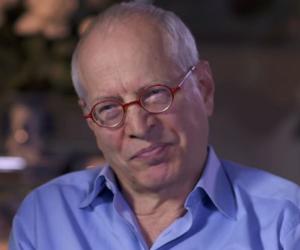
Italian mathematician Maria Gaetana Agnesi, daughter of an affluent silk trader, was well-versed in a number of languages as a child. Most of her work was regarding algebra, calculus, and the Witch of Agnesi. She was also the first female academic to write a math book and to teach math.
French mathematician Andre Weil, who was also the brother of philosopher Simone Weil, is best known for his contribution to algebraic geometry. He also co-founded the Bourbaki group, consisting of mathematicians who collectively wrote using the pseudonym Nicolas Bourbaki. Weil took a keen interest in Hinduism and also learned Sanskrit.
